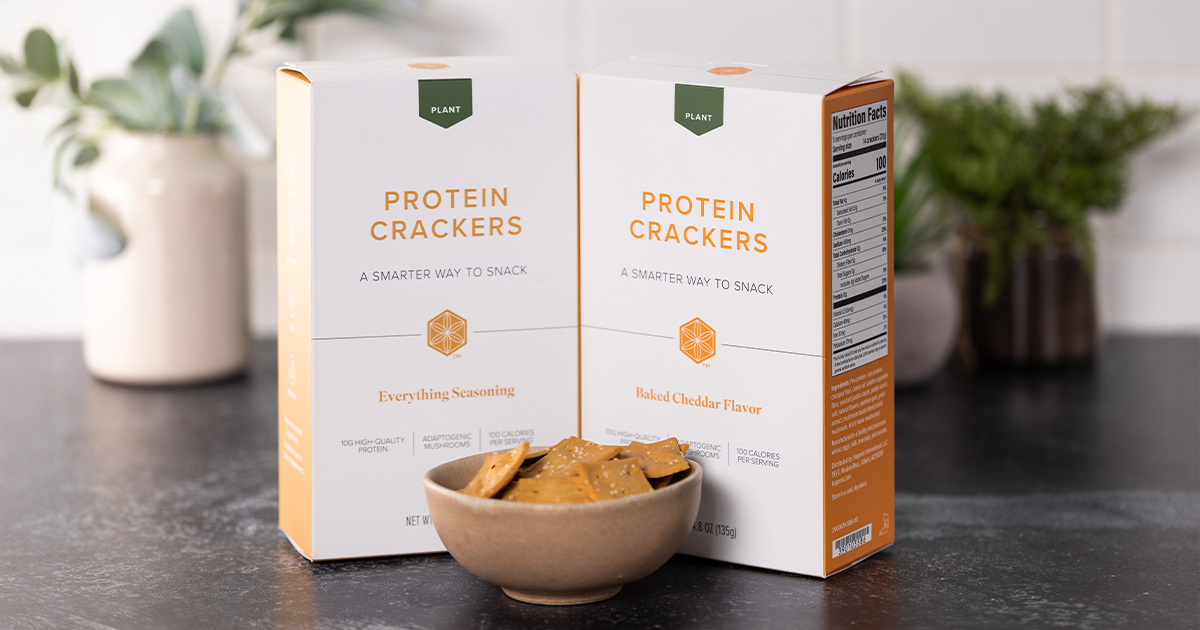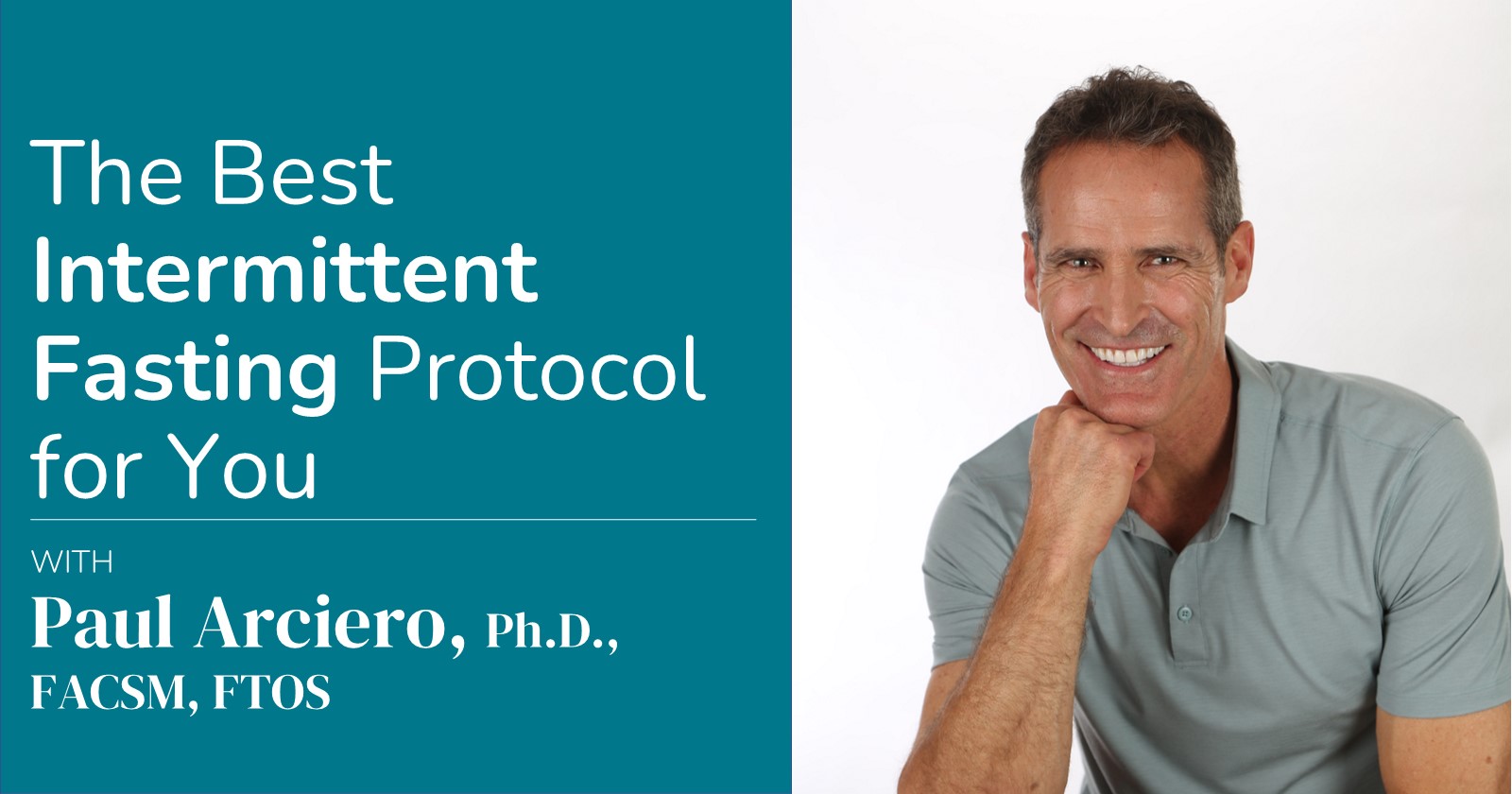To get the maximum benefit from intermittent fasting, is it necessary to abstain from everything except water? It’s a common question. Perhaps you’ve been told that a single bite of food will ruin your fasting day and you will have to start from scratch.
Despite what you may have heard, intermittent fasting is not about deprivation. It’s really about adjusting when and how much you eat.
There are many ways to fast
“Intermittent fasting” refers to any diet that cycles between periods of fasting and eating for a predetermined period of time. There are many ways to incorporate intermittent fasting into your diet, including time-restrictive feeding (TRF) and whole-day fasting. TRF allows an individual to eat during a reduced time frame each day, whereas whole–day fasting restricts the number of calories eaten for a full day or more.
For decades, researchers have analyzed the benefits of TRF and various whole–day fasting methods and found that simply limiting yourself to 300 to 500 calories on fasting days is effective in supporting metabolic, heart, immune, and brain health, among other things (1-6). Like with water-only fasting, this restriction in calories is enough to stimulate metabolic benefits like autophagy and promote weight loss (7–10).
Overall, the research suggests that there isn’t a substantial difference between consuming 0 calories and consuming very few calories on a fasting day in terms of health and weight management benefits.
Cleanse Days are nutritionally supported intermittent fasting days
Many fast because it offers more flexibility than a traditional reduced-calorie diet. Others find it is an effective way to reduce total caloric consumption.
Whatever your reason, incorporating intermittent fasting into your lifestyle can be difficult at first. Losing track of the number of calories consumed or feeling hangry and sluggish are just a few reasons people struggle when beginning intermittent fasting. Without precise measuring and weighing, it’s easy to consume too many calories on a fasting day, potentially interfering with your results. Isagenix Cleanse Days offer guidance and support to help overcome these challenges.
A Cleanse Day is a nutritionally supported intermittent fasting day designed to help you feel nourished and energized while supporting health and weight management goals. Cleanse Days keep intermittent fasting simple with scientifically formulated snacks that balance macronutrients and calories with cutting–edge ingredients and adaptogens in perfectly portioned servings that ordinary foods can’t provide. Isagenix snack options, in combination with community support and a step-by-step schedule, help you stay on track. Having a clear plan in place and a team behind you can help you achieve your health and weight loss goals (11-14).
Cleanse Days are clinically studied and designed to help you easily track your calorie consumption with the Cleanse Day Tracker. Pre-portioned nutritional support products like Cleanse for Life® and Ionix® Supreme are formulated with phytonutrient-rich adaptogenic botanicals to aid in the detoxification process while also supporting your physical and mental performance.
There’s no need to torture yourself and those around you with a water-only fast. A nutritionally supported intermittent fast can help you reach your weight loss and wellness goals. All you need to do is pick up the tools to start!
References
- Froy O, Miskin R. Effect of feeding regimens on circadian rhythms: implications for aging and longevity. Aging (Albany NY). 2010 Jan;2(1):7.
- Bergamini E, Cavallini G, Donati A, Gori Z. The role of autophagy in aging: Its essential part in the anti‐aging mechanism of caloric restriction. Ann. NY Acad. Sci. 2007 Oct;1114(1):69-78.
- Klempel MC, Kroeger CM, Bhutani S, et al. Intermittent fasting combined with calorie restriction is effective for weight loss and cardio-protection in obese women. Nutr J. 2012 Nov 21;11:98.
- Varady KA, Hellerstein MK. Alternate-day fasting and chronic disease prevention: a review of human and animal trials. Am J Clin Nutr. 2007 Jul;86(1):7-13.
- Anton S, Leeuwenburgh C. Fasting or caloric restriction for healthy aging. Exp Gerontol. 2013;48:1003-5.
- Martin B, Mattson MP, Maudsley S. Caloric restriction and intermittent fasting: two potential diets for successful brain aging. Ageing Res. Rev. 2006 Aug 1;5(3):332-53.
- Bagherniya M, Butler AE, Barreto GE, et al. The effect of fasting or calorie restriction on autophagy induction: A review of the literature. Ageing research reviews. 2018 Nov 1;47:183-97.
- Mattson MP, Longo VD, Harvie M. Impact of intermittent fasting on health and disease processes. Ageing Res. Rev. 2017 Oct 1;39:46-58.
- Longo VD, Panda S. Fasting, circadian rhythms, and time-restricted feeding in healthy lifespan. Cell metabolism. 2016 Jun 14;23(6):1048-59.
- Cioffi I, Evangelista A, Ponzo V, et al. Intermittent versus continuous energy restriction on weight loss and cardiometabolic outcomes: a systematic review and meta-analysis of randomized controlled trials. J Transl Med. 2018 Dec 24;16(1):371.
- Gorin A, Phelan S, Tat e D, et al. Involving support partners in obesity treatment. J Consult Clin Psychol. 2005 Apr;73(2):341-3.
- Wing RR, Jeffery RW. Benefits of recruiting participants with friends and increasing social support for weight loss and maintenance. J. Consult Clin Psychol. 1999 Feb;67(1):132-138.
- Kayman S, Bruvold W, Stern JS. Maintenance and relapse after weight loss in women: behavioral aspects. Am. J. Clin. Nutr. 1990 Nov 1;52(5):800-7.
- Livhits M, Mercado C, Yermilov I, et al. Is social support associated with greater weight loss after bariatric surgery?: a systematic review. Obesity Reviews. 2011 Feb;12(2):142-8.





